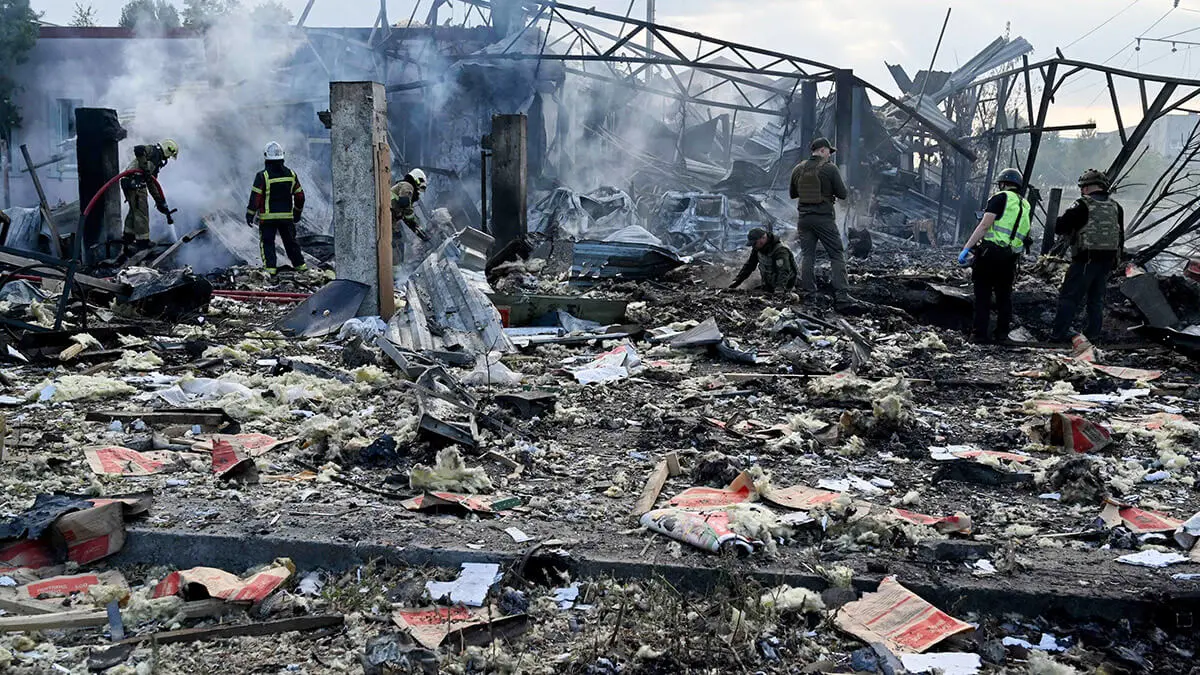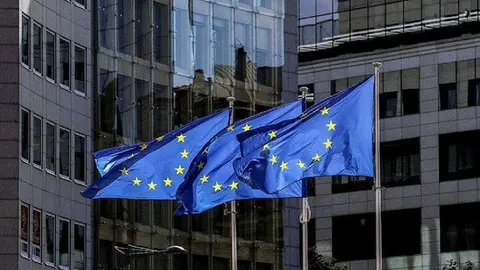A probable future for Europe

The end of the so-called Cold War period, a consequence of the failure of communism in the USSR, activated an ephemeral unipolar strategic configuration. Under a fragile "Pax Americana", the geopolitical imagination was unleashed, generating intellectual "daring" that shaped universal policies with utopian traits that constituted the pillars of liberal democracy, establishing, tendentially, an order based on rules, free markets and the ethical conception of the West, with human rights as the gospel that would be implemented on a global scale.
However, the stubborn dynamic of history swallowed up the dream. If E. H. Carr had lived, it is likely that he would have published the second version of the "Twenty Years Crisis", in which he would have highlighted situational factors such as chaos, anarchy, uncertainty, war and unorthodox forms of conflict. Several regions and states have been engulfed by the effects of globalisation, as the resulting turmoil and complex interdependence have fuelled the proliferation of new threats and risks related to the prospects of coercion, disruption, subordination and conquest.
In this sense, it must be admitted that the current Russia-US confrontation on European soil is part of this struggle over the definition of strategic objectives and the resulting decisions at the operational level, as evidenced in Ukraine. In addition, the umpteenth war with Gaza as a battlefield, the disruption of supply chains by Houthi maritime interdiction, Tehran-sponsored harassment attacks, and the chronic threat from Taiwan all add up to an atmosphere of international confrontation, which affects the situation in Europe.
The war in Ukraine is ongoing, or in other words: a high-intensity war is underway in Eastern Europe. Operations appear to be restricted to local frontline fighting and, in addition to the adoption of the Ukrainian defensive posture, there are harassment actions on Russian territory, with the widely held view that the relative freedom of action lies with Moscow. After two years of war, the perception of the situation in Europe, based on the disinformation narrative, has shifted from a certain supremacist triumphalism to sudden pessimism, as evidenced by the public appearances in recent weeks of a number of high-level politicians and military officers warning of a possible war with Russia on fundamentally different terms than those hitherto envisaged. All of this, accompanied by discussions on the necessary restoration of various forms of conscription in European countries, is unprecedented.
Effects of war in Eastern Europe
The question arises spontaneously. Why the sudden change in Europe's perception of the threat of war when a few months ago it was claimed that the "Ukrainian counter-offensive" would defeat Russian forces and recapture Crimea? The answer can be found in the fact that proxy warfare has its drawbacks, not least that it is not a model to be applied 'sine die' given its difficulty in assessing results. The effects of the war in Eastern Europe are more complex than might be deduced from media reports.
For US strategic thinking in early 2022, the invasion of Ukraine presented an opportunity to weaken Russian military capabilities without the need for direct confrontation with Western forces. In two years of war, Russia has managed to impose the initiative at the operational level with military actions of attrition, while channelling the impact of economic sanctions. The proxy approach, that of Western support for Kiev as an instrument to defeat Moscow, has the limit of escalation, or in other words, not acting militarily at the strategic level, as the escalation would be uncontrollable. The absurdity is served.
The effect has been as if an anxiety attack has struck the European Defence establishment in contemplating a future in which the "sceptical" allianceist Trump would be the next US president, while Russia would not be expelled or defeated in Ukraine. In this mood there have been assessments and warnings that Europe could be drawn into a war with Russia.
Doubt arises when trying to identify the scope of the conflict. If Russia is alluded to, an actor with a war economy is identified; when Europe is alluded to, ambiguity sets in. Manfred Weber, leader of the European People's Party in the European Parliament, put forward the idea that the EU should replace NATO in the defence of the continent, proposing "a European defence pillar" that should include a nuclear umbrella, provided by France, the only nuclear weapons state in the EU. "When I look at the current year as a European politician, the first thing that comes to mind is Trump." Weber's statement is indicative of European bewilderment.
Meanwhile, General Sir Patrick Sanders, head of the British Army, argued that the UK's professional army was too small to withstand an all-out war with Russia and that a "citizen army" would be needed, hinting at a return to conscription in an all-out emergency. Although Downing St rejected such a hypothesis, other European countries such as Latvia and Sweden have been reviving forms of military service. German minister Pistorius declared in December that he was "considering all options".
Some European politicians talk of the need to create an EU Defence Commissioner, but the reality is that NATO and the EU are two essentially different entities. Preparing for war is not an activity for 2030, nor is there strategic autonomy today and geopolitical autonomy tomorrow. Weber's action is an illustration of the inadequacy of Maastricht for the times. At the same time, the Foreign Ministers of the Franco-German-Polish "Weimar Triangle" met on the outskirts of Paris for a "working meeting" with military leaders warning about the looming Russian threat to NATO in the background and the risks of Trump's re-election in November.
Curious times ahead.



